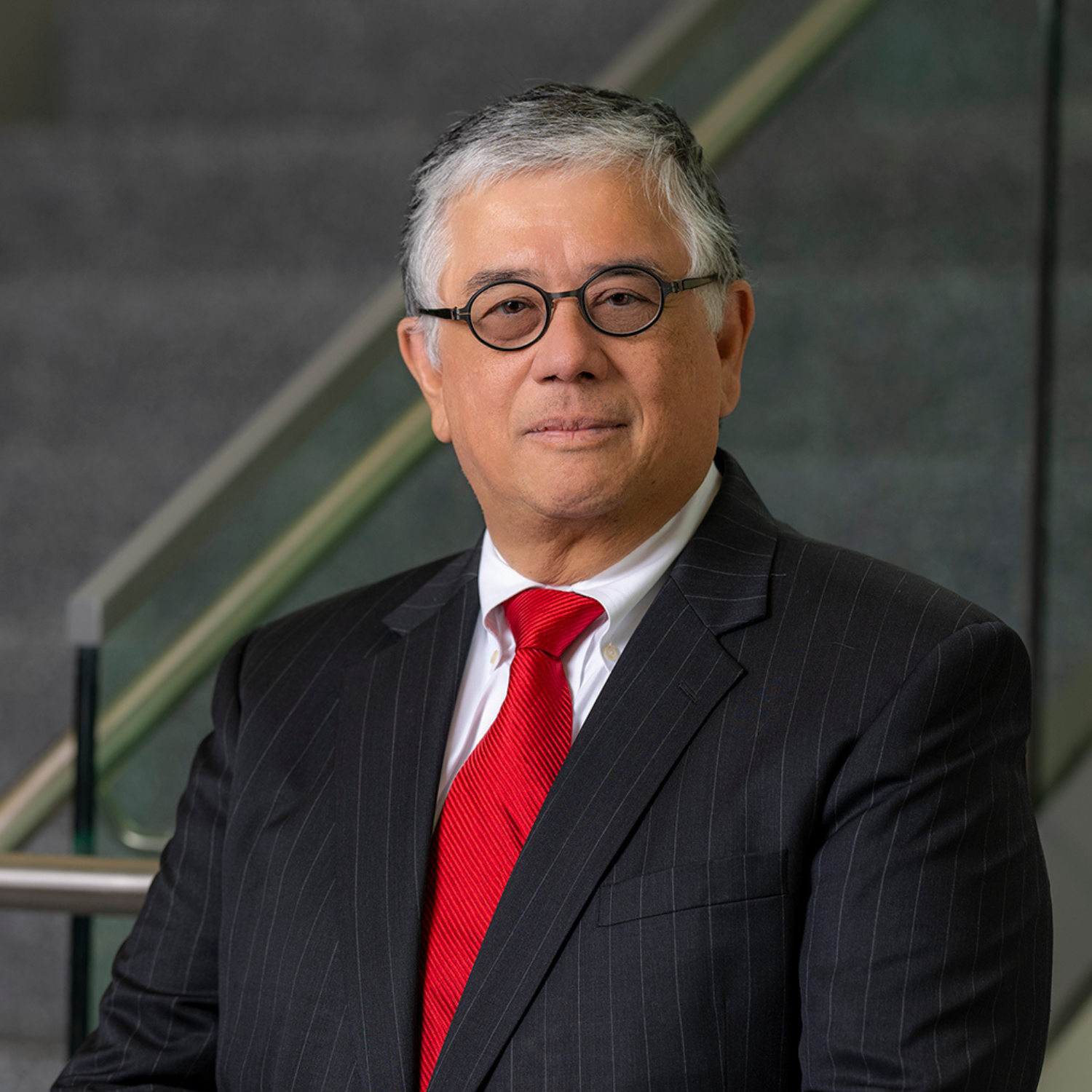
Faculty Development
Teaching & Excellence Series
 Synopsis
Synopsis
At the Tilman J. Fertitta Family College of Medicine, our faculty are key to educating our students and fulfilling our mission. As part of our responsibility to recruit and retain top educators, the Office of Faculty Affairs is committed to regularly assessing the needs of our team with a focus on providing high quality, accessible opportunities for faculty development.
This Spring, we introduce our new portfolio of offerings with a series delivered by Terence P. Ma, Ph.D., M.B.A., focusing on Teaching and Assessment.
For more information on attending an event, please contact us.
January 24, 2024
Competency/Outcomes-Based Medical Education Workshop
Competency-Based Medical Education (CBME), which is synonymous with outcomes-based medical education, is the predominant approach to medical education in the United States. In fact, outcomes-based education is mandated by the Liaison Committee for Medical Education (LCME), the accrediting body for MD schools.
For this workshop, attendees should prepare by reading select sections of papers regarding CBME. At the workshop, there will be a short summary presentation on general principles of CBME, mastery learning, and curriculum design principles. The majority of the session will be an exercise where small groups of attendees will use backwards design to develop context-dependent competency objectives with expectations based on learning curves.
February 28, 2024
What are Learning Goals, Learning Objectives, and Learning Outcomes? Workshop
Learning goals, learning objectives, and learning outcomes are terms that are frequently used interchangeably. Unfortunately, they really are not interchangeable. The purpose of this workshop is to clarify what they mean, how they should be mapped to each other and medical education program outcomes, and how they are derived when developing a course or a session within a course.
For this workshop, attendees should prepare by reading select sections of papers regarding these topics. When they arrive, there will be individual quizzes on these topics (will not be turned in). This is identical to the iRAT component of a TBL. The second component of the session will be small groups taking the same quiz with the opportunity to discuss the answers within the team. This is the tRAT component of a TBL. This will be followed by a brief review of the correct answers. Lastly, the small groups will be given a mapping exercise to complete that uses the principles behind learning goals, learning objectives, and learning outcomes.
March 27, 2024
The Educational Quality Improvement Cycle
Continuous quality improvement is an essential and critical component of contemporary medical education. This applies granularly to single sessions within a course or a course as a whole, and more globally to an entire curriculum. The purpose of this workshop is to address the principles behind continuous quality improvement using the PDSA cycle introduced by W. Edwards Deming.
For this workshop, attendees should prepare by reading select sections of papers regarding these topics. Initially, the session leader will provide an introduction and review brief lecture. In the session, small groups will develop an example of using the PDSA cycle to address an assessment issue, a session issue, a course issue, or a curriculum issue. At the end of the session, there will be a presentation of each of the results of the small groups. This would be the equivalent of a gallery walk in a TBL session.
April 2024
What are Entrustable Professional Activities and the Milestones Program?
Entrustable Professional Activities (EPAs) were introduced by Olle ten Cate in 2005 as a different approach to graduate medical education. This approach has been adopted nearly universally around the world for graduate medical education and has been tried for undergraduate medical education (UME). In the United States, the EPA approach for UME has not been particularly successful. The Milestones program from the Accreditation Council for Graduate Medical Education (ACGME) utilizes a time-dependent variation of EPAs. This workshop is focused on the differences between EPAs and the Milestones program, and how elements could be adopted for undergraduate medical education.
For this workshop, attendees should prepare by reading select sections of papers regarding EPAs and the Milestones Program. To start the workshop, there will be a quiz (identical to an iRAT of a TBL) to start the session. This will be followed by a tRAT. The remainder of the session will be an exercise wherein attendees will work in small groups addressing implementation issues of EPAs at the UME level.
May 2024
The Use of Diagnostic, Formative, Summative Assessments
Assessments can be considered diagnostic, formative, or summative depending on the purposes of the assessment. This workshop will focus on the differences between the three and how they can be used to enhance an educational program for medical students.
For this workshop, attendees should prepare by reading select sections of papers regarding these topics. When they arrive, there will be a brief didactic activity. Following the didactic activity, the workshop attendees will work in small groups on the application issues of these types of assessments (when, where, why, how) within a competency-based medical education approach.
June 2024
Providing Student Feedback and Narrative Assessments
Providing student feedback is an essential element in the improvement cycle for student learning. Feedback can be formal or informal. This workshop will focus on how to provide feedback in different settings as applied in medical education.
For this workshop, attendees should prepare by reading select sections of papers regarding these topics. The initial portion of the workshop is devoted to small groups developing narrative assessments for learners in case scenarios. The last portion of the workshop will be one-on-one role playing on providing feedback.